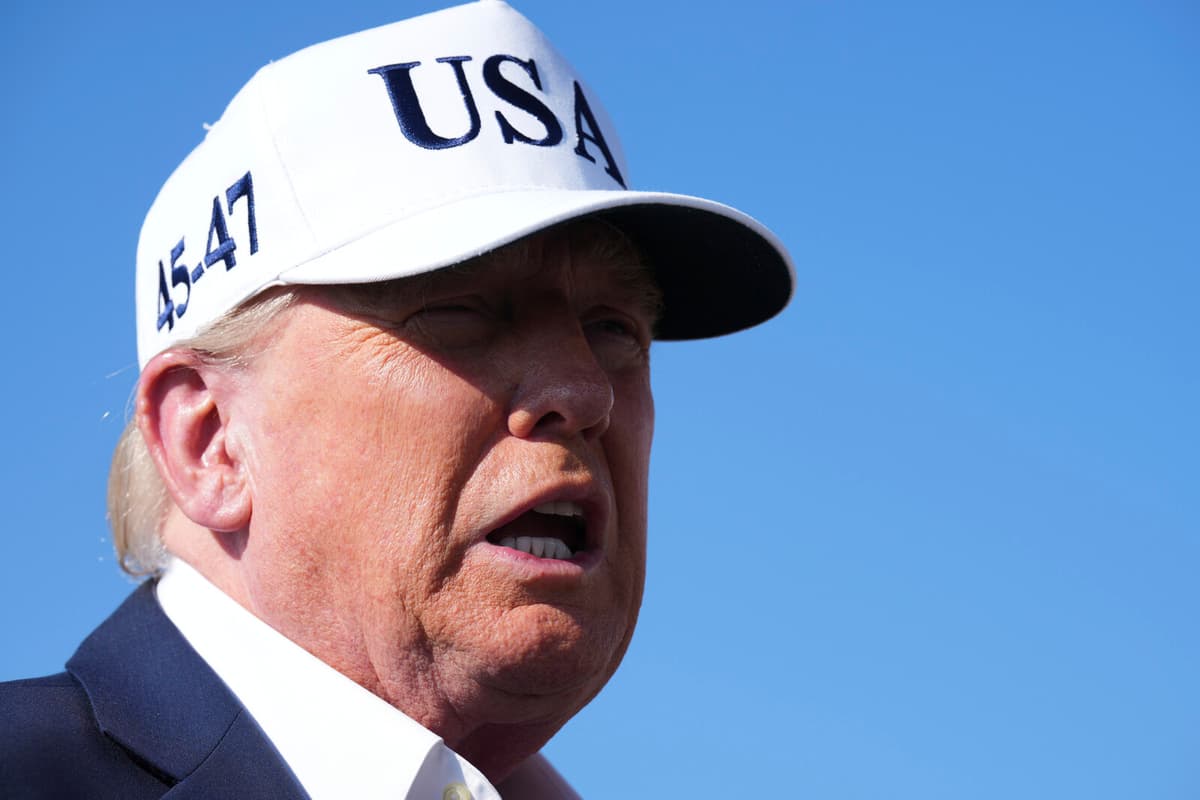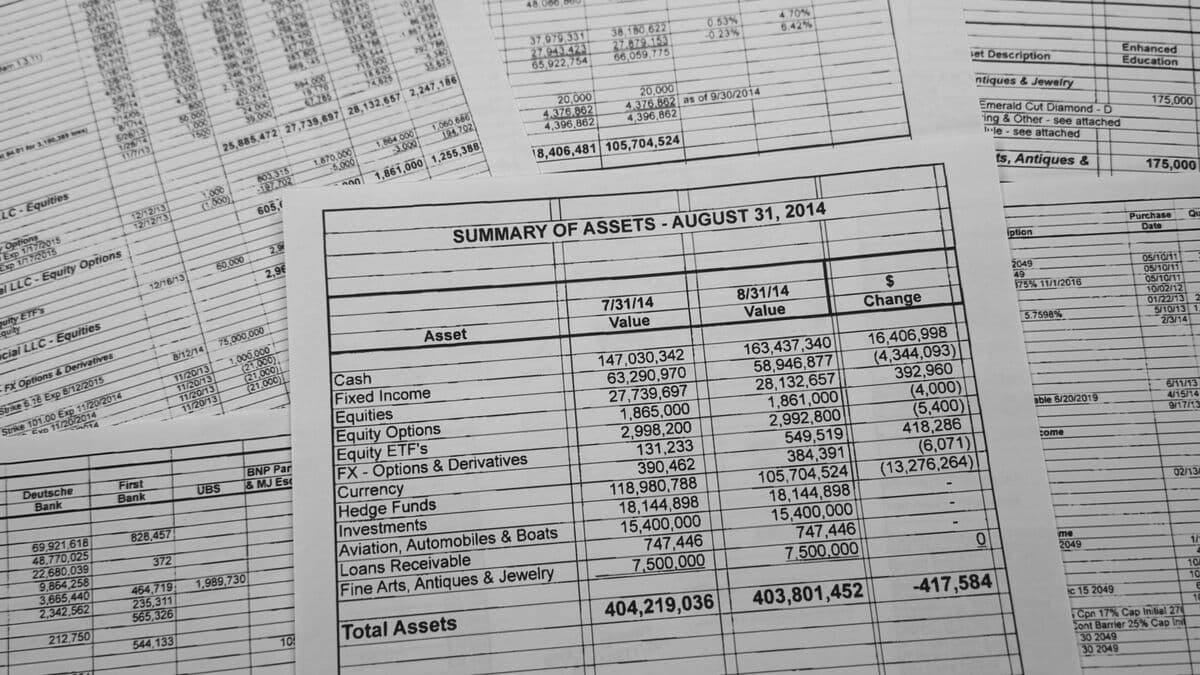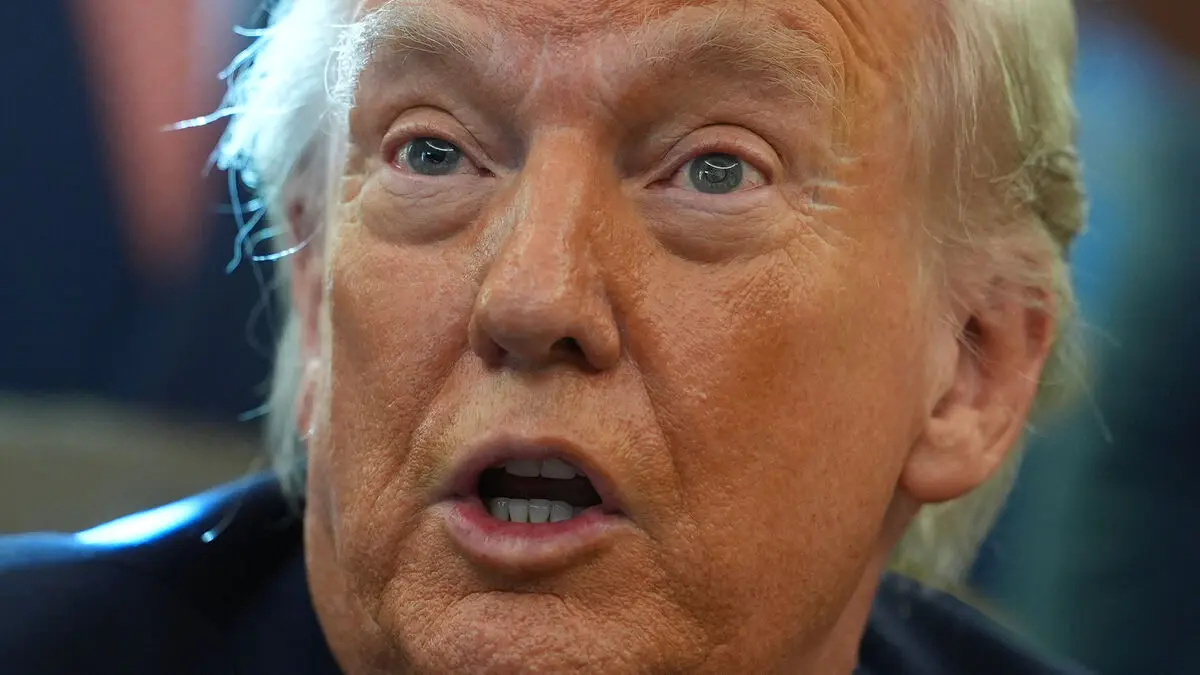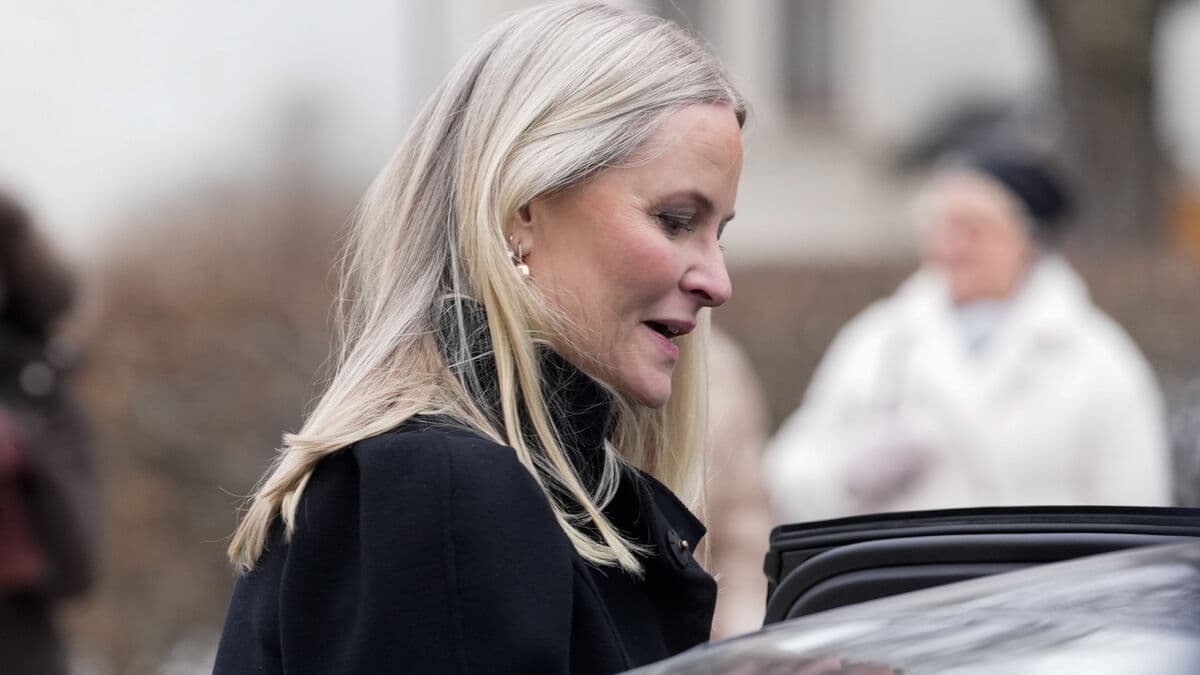Japan and South Korea were the first to receive the message about punitive tariffs of 25 percent, which came in a letter from President Donald Trump.
The message was not unexpected, given that Trump had presented equal tariff increases for Japan and South Korea already in April this year, according to Per Altenberg, chief economist at the National Board of Trade. He emphasizes that the increase in tariff levels, however, is not something that happens now.
It was previously postponed from April 9 to July 9 and this will not come into effect until August 1. One can imagine that it is still open for negotiation.
One can see it as another way to put pressure on Japan and South Korea.
Tenfold increase on cars
South Korea and Japan will "absolutely" react negatively to the message, says Altenberg.
Now we do not know the details, it will be important to see if it is 25 percent on all goods or if there are exceptions.
If the tariff increase becomes a reality, it means a tenfold increase for the countries' most important interest, motor vehicles.
It is a very large increase and we have already seen that the stock market has reacted negatively to this. It lays like a wet blanket over at least the US trade relationship with Japan and South Korea.
Continued EU negotiations
If other so-called tariff letters follow the same pattern, it will lead to significant tariff increases for the whole world. The message, however, says nothing about what tariff levels await the EU.
Negotiations are ongoing, so I assume that the opportunities to avoid equally strong tariffs remain. Otherwise, one would not have continued to negotiate.
What is the EU's negotiating position?
I think the EU is in a fairly good negotiating position. The EU is the US's most important trading partner and also in terms of security policy, the relationship is important for both parties. Reasonably, there is an interest from both sides not to let trade crash.
Catch-22 for the US
It is a tricky situation for the US.
When you introduce tariffs, it becomes an increased cost for American customs importers and consumers, which in the long run affects the American economy. Then, a tariff on imports is also a tariff on exports, which means that exports will also decrease if tariffs are introduced on imports.
To avoid damage to their own economy, the US should therefore agree to lower tariffs, according to Altenberg.
The US has the power in its own hands and can end it when they want, but it does not seem like Trump wants to do it. One is trapped in some kind of catch-22, I think.






